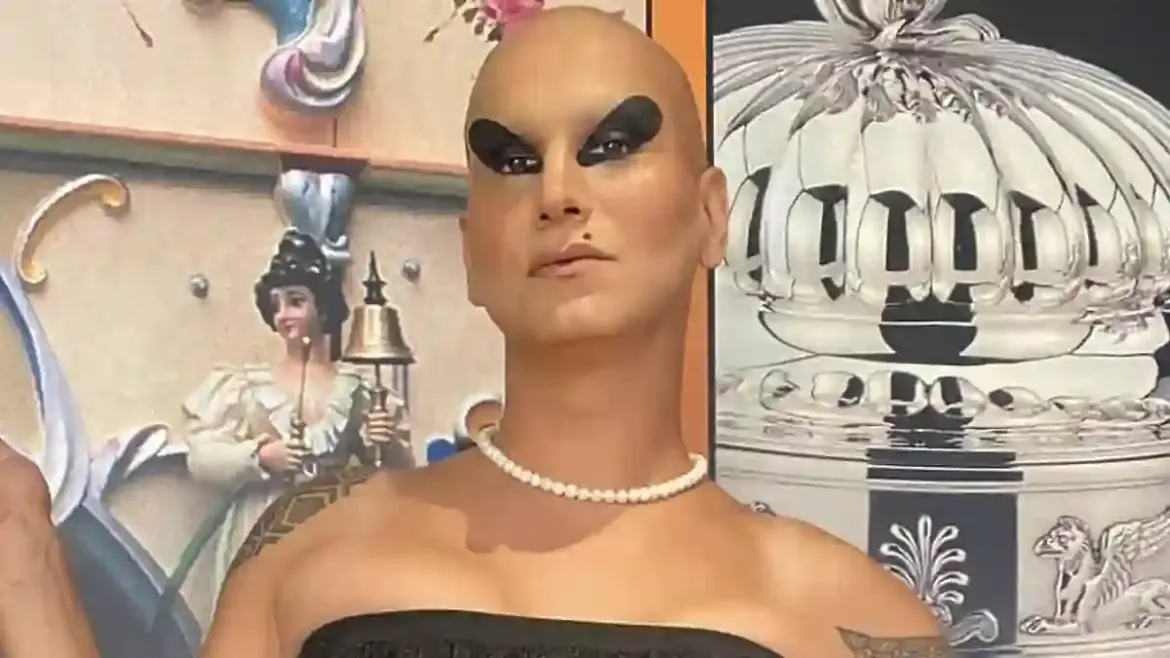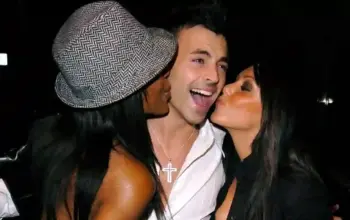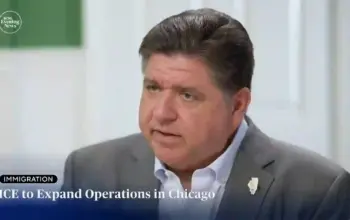The UK’s Global Talent visa program has once again become a talking point after welcoming artists who push the boundaries of art, music, and performance.
Designed to bring in individuals with “exceptional talent” in fields like theatre, music, and dance, the scheme requires applicants to prove their skills and secure approval from the Arts Council before receiving final clearance from the Home Office.
Turkish Drag Artist Finds a Stage in Britain
One of the latest recipients is Kübra Uzun, a transgender drag queen and activist from Istanbul who performs under the name Q-BRA.
Known for blending activism with art, Uzun has created works ranging from provocative songs to reimagined operatic pieces.
Their track Koli Kanonu—loosely translated as “F** Buddy Canon”*—openly explores queer identity and sexuality.
Uzun has also reworked Georges Bizet’s famous Carmen aria, swapping its original lyrics for Turkish queer slang, which quickly drew attention online.
Another Drag Performer Gains Entry
Uzun is not alone. Another artist, Akis Ka, has also been granted a Global Talent visa.
Ka describes their work as an effort to “leave queer marks on art history” while highlighting issues of trans rights, body politics, food, and identity.
Their activism has been equally bold, with social media posts showing them holding signs such as “I support trans wrongs” and one at a Pride march stating, “JK is Rowling into Azkhaban.”
The slogan was a pointed jab at author JK Rowling, who has been outspoken in her criticism of gender ideology, and referenced the wizarding prison from her Harry Potter series.
The Growing List of Global Talent Artists
The UK has also welcomed Nigerian creatives through the scheme.
Among them is rapper Tobi Adegbite, who now performs as Rhookcastle.
Having relocated from Lagos to Birmingham, he not only builds his music career but also runs a company called Exceptional Pathways, which helps other artists navigate the visa application process.
Another success story is Faith Moyosore Agboola, a Nigerian spoken word poet who also uses her platform to guide others.
Through YouTube tutorials, she shares advice on applying for scholarships and visas to the UK, expanding opportunities for upcoming artists.
Concerns Over Exploitation of the System
But not everyone is celebrating. Reports suggest that hundreds of Nigerian migrants have been applying under the literary side of the Global Talent scheme, which covers poets, graphic novelists, oral storytellers, and comic creators.
According to The Telegraph, some applicants may be bending the system, sparking concerns of misuse.
Political Backlash and Calls for Review
The rise of drag performers and unconventional artists gaining entry through the visa has fueled political debate.
Shadow home secretary Chris Philp has been particularly critical.
Speaking to the press, he argued that while the scheme was designed for individuals who make groundbreaking contributions, it is being misused.
“The idea that drag artists represent global talent is frankly laughable,” he said.
“These visas should be for scientists, medics, IT professionals, and others working at the cutting edge of the economy.
Allowing drag queens to benefit from this route is ridiculous, and the government must urgently get a grip.”
What Happens Next
As Britain continues to welcome a diverse pool of talent, the question now is whether the government will tighten the rules or embrace a broader definition of “talent.”
For performers like Uzun and Ka, the visa has opened doors to artistic freedom and global exposure.
For critics, however, it has exposed loopholes that need urgent review.



